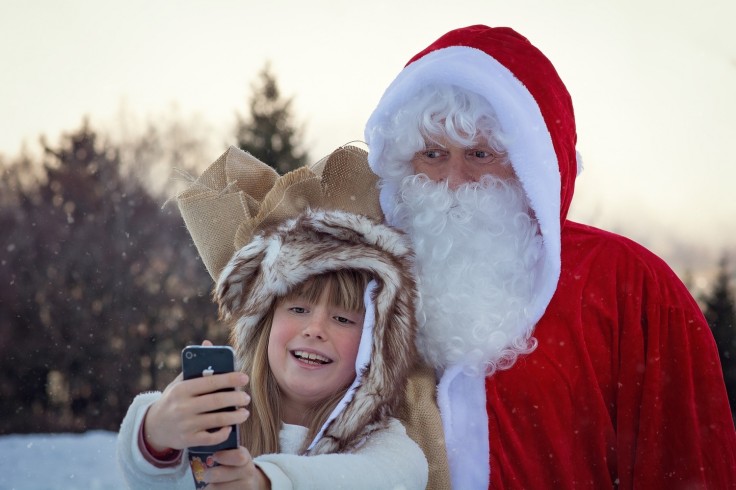
Aside from the common question from kids like "Where do babies come from" many parents got questioned by their children if Santa was even real. Truthfully, such a question will shock you, but there are several ways to handle the situation.
If you traditionally celebrate Christmas, you might have already told your children about Santa Claus, who climbs down the chimney on December 24 with a sack full of presents in his sleigh and gives gifts to those who are good.
Whatever you call him, the story of Santa brings joy to kids worldwide.
Unfortunately, the magic of Santa and its tales can't last forever. At some point, your child will eventually learn that their loved ones are responsible for wrapping gifts and placing them under the tree while sleeping. Parents might wonder when their kids will find out the truth and whether you should be the one to tell them first.
If kids find out Santa Claus is not real, most young ones experience distressful reactions such as disappointment and sadness. 58 percent of kids in the United States believed that Santa was real.
How long do most kids believe in Santa?
Most children know the tale about Santa at about 8 years old. However, many children ages 5-6 can distinguish between fact and fantasy but may hold onto the myth for a while longer due to a few reasons.
Although it's fun to believe in Santa, children might have several reasons to be doubtful if peers, teachers, and especially parents all seem to reinforce the story.
Gail Saltz, M.D., a clinical associate professor of psychiatry at The New York Presbyterian Hospital and host of the "How Can I Help?" podcast from iHeartRadio, noted that some kids might still have the magical thinking at such an age group.
Despite the ability to identify fact from fiction, kids are still in the developmental stage of childhood and can easily believe in faulty connections between events.
Dr. Saltz added that kids begin to develop the ability to reason somewhere between 8 and 10. Thus, it makes them doubt whether the stories about Santa are true. Adding that this is the age group where children are likely to question the whole concept, per Very Well Family.
What to do when your child finds out the truth?
Robert Johnson, a dad of three in San Antonio, Texas, told the outlet that some children might ask probing questions while others might figure it out independently. Johnson's kids told him and his wife that Santa was not real, which surprised them.
All families have different decisions and ways on what they tell their children about Santa. Some kids might become suspicious at a younger age. If your child comes home in tears because their classmate said that Santa was not real, try not to blame the other kids and instead focus on how you will respond to your child.
If your child finds out the truth, be honest with them but try not to shock them with facts that would even shatter their hearts and imaginations into pieces. Choose the right words when explaining, and consider your child's age; some might be sensitive and cry over it.
Good House Keeping says that questions about Santa Claus are a natural and normal phase of kids getting older.
Related Article : The History of Christmas in July; Why Your Family Can Use the Festive Spirit this Summer